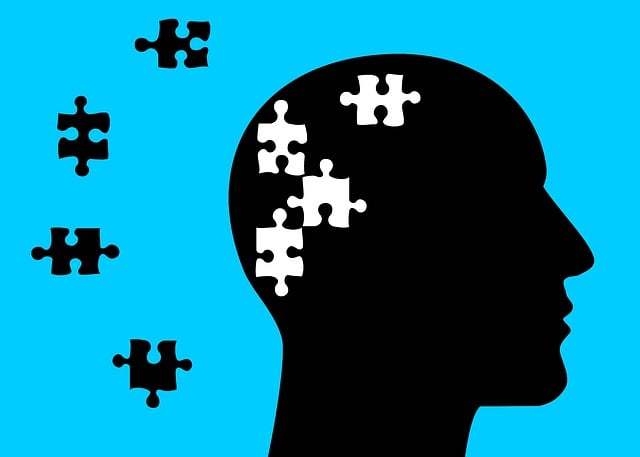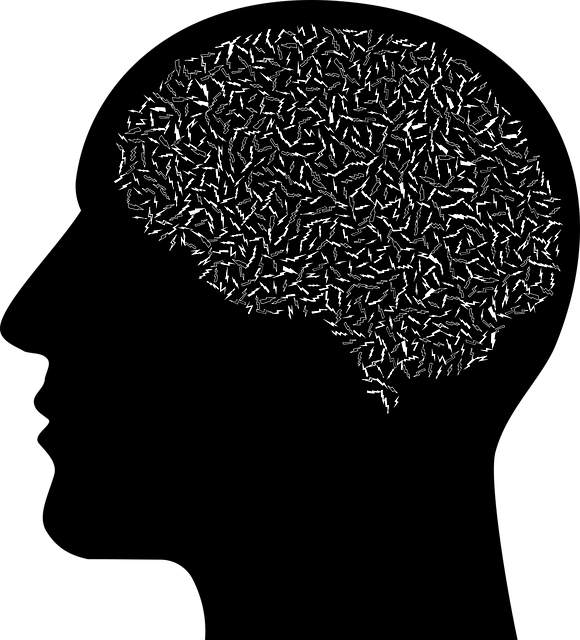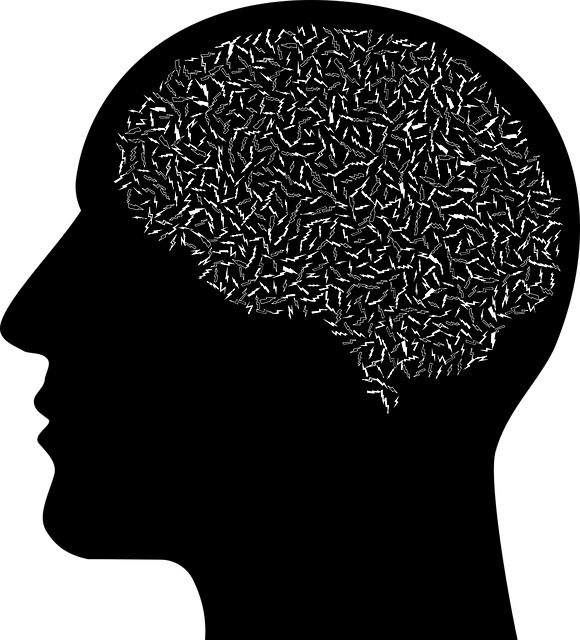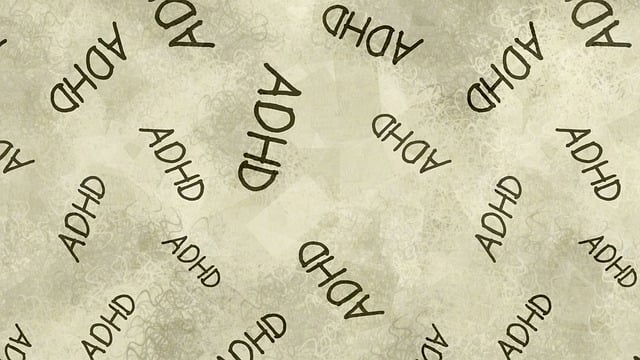Divorce profoundly affects mental health, releasing a storm of complex emotions that can lead to long-term issues if left unaddressed. Therapy for divorce is key to emotional healing by navigating these feelings, fostering resilience, and transforming negative thoughts into positives ones. Positive thinking exercises, such as mindfulness meditation and journaling, are powerful tools empowering individuals to overcome challenges during transitions like separation, promoting emotional well-being, stability, and personal growth. Regularly tracking progress through simple journaling practices and incorporating self-care activities strengthens coping abilities and enhances long-term mental health.
“Positive thinking exercises offer a powerful therapy for divorce, aiding in mental health recovery. This article delves into the transformative potential of positive psychology as a tool to navigate the emotional challenges post-divorce. We’ll explore effective strategies for designing and implementing these exercises, providing a structured approach to healing. From understanding the impact of divorce on mental well-being to tracking progress over time, this guide offers practical insights for fostering resilience and long-term positivity.”
- Understanding the Impact of Divorce on Mental Health
- Introduction to Positive Thinking as a Therapeutic Tool
- Designing Effective Positive Thinking Exercises
- Implementing the Exercise Routine Post-Divorce
- Tracking Progress and Maintaining Long-Term Well-being
Understanding the Impact of Divorce on Mental Health

Divorce can significantly impact an individual’s mental health and overall well-being, emphasizing the importance of understanding its effects as a crucial step in recovery. The process of separation often leaves individuals dealing with a myriad of complex emotions, from sadness and anger to fear and anxiety. These intense feelings can manifest into longer-lasting mental health issues if left unaddressed. Therapy for divorce plays a pivotal role in helping individuals navigate these emotional healing processes.
Mental health awareness is essential during this period, as it allows people to recognize and accept their emotions. Through therapy, one can learn effective coping strategies and develop resilience. The power of mind over matter principles can be harnessed to transform negative thought patterns associated with divorce into more positive and constructive ones. This, in turn, fosters emotional healing and promotes a sense of stability and self-care.
Introduction to Positive Thinking as a Therapeutic Tool

Positive thinking has emerged as a powerful therapeutic tool for individuals navigating life’s challenges, especially during difficult transitions such as divorce. This approach focuses on cultivating optimistic attitudes and reframing negative thoughts, which can significantly impact emotional well-being. By embracing positive thinking, individuals can develop resilience, enhance coping mechanisms, and foster personal growth in the aftermath of divorce.
In today’s world, where stress and mental health concerns are prevalent, implementing therapeutic strategies like mindfulness meditation and coping skills development through community outreach program initiatives can make a profound difference. These practices enable people to gain control over their thoughts, emotions, and subsequent actions, fostering a sense of calm and empowerment. Positive thinking becomes a transformative process, allowing individuals to rebuild their lives post-divorce with renewed hope and a more optimistic perspective.
Designing Effective Positive Thinking Exercises

Designing Effective Positive Thinking Exercises involves tailoring activities that resonate with individuals going through challenging life transitions, such as therapy for divorce. The key is to create a safe and supportive space where participants feel comfortable exploring their thoughts and emotions. Incorporate self-care practices like mindfulness meditation or journaling prompts to foster resilience building and stress management. These exercises should be interactive and engaging, encouraging participants to challenge negative thought patterns and replace them with more positive alternatives.
In crafting these sessions, consider organizing Stress Management Workshops that teach practical tools for navigating difficult situations. By integrating resilience-building techniques, individuals can develop a healthier mindset, enhancing their ability to cope with life’s curveballs. Remember, the goal is to empower participants with strategies that promote emotional well-being, even during stressful periods, ensuring they emerge with a renewed sense of hope and self-confidence.
Implementing the Exercise Routine Post-Divorce

Post-divorce, implementing a positive thinking exercise routine can be transformative, offering a much-needed outlet for emotional healing and mental wellness. It’s akin to producing a Mental Wellness Podcast Series, where each session is crafted to nurture your mind and foster resilience. These exercises aren’t merely an addition to the chaos; they serve as a strategic Mental Health Education Program designed to equip you with tools to navigate this new chapter effectively.
Start by dedicating a few minutes daily to activities that cultivate gratitude, such as journaling or mindful meditation. This practice helps reframe your perspective, shifting from feelings of loss to appreciation for personal growth and new opportunities. Remember, managing stress is a crucial component of this journey; integrating effective Stress Management techniques into your routine ensures you’re building a robust foundation for emotional well-being post-divorce.
Tracking Progress and Maintaining Long-Term Well-being

Tracking progress is a vital component of any positive thinking exercise, especially when navigating therapy for divorce. By regularly assessing your emotional well-being and mental state, you can identify areas where you’re thriving and aspects that need attention. This self-awareness allows for targeted adjustments to your practice, ensuring the ongoing promotion of emotional well-being. Simple journaling techniques, such as noting daily thoughts, feelings, and achievements, can be powerful tools in this process.
Over time, consistent reflection enables the development of resilience—a key factor in maintaining long-term mental health post-divorce. Incorporating self-care practices like meditation, exercise, or spending time in nature into your routine further strengthens your ability to cope with life’s challenges. These practices not only enhance overall well-being but also serve as effective emotional well-being promotion techniques, fostering a sense of stability and empowerment.
Positive thinking exercises offer a powerful therapy for divorce, empowering individuals to navigate emotional challenges and foster long-term mental well-being. By incorporating these practices into their routine, post-divorce folks can enhance resilience, improve coping mechanisms, and cultivate a more optimistic outlook on life. This article has provided a comprehensive guide, from understanding the impact of divorce to designing effective exercises and tracking progress. Remember that consistent effort and commitment to this therapeutic approach are key to achieving lasting mental health benefits.












